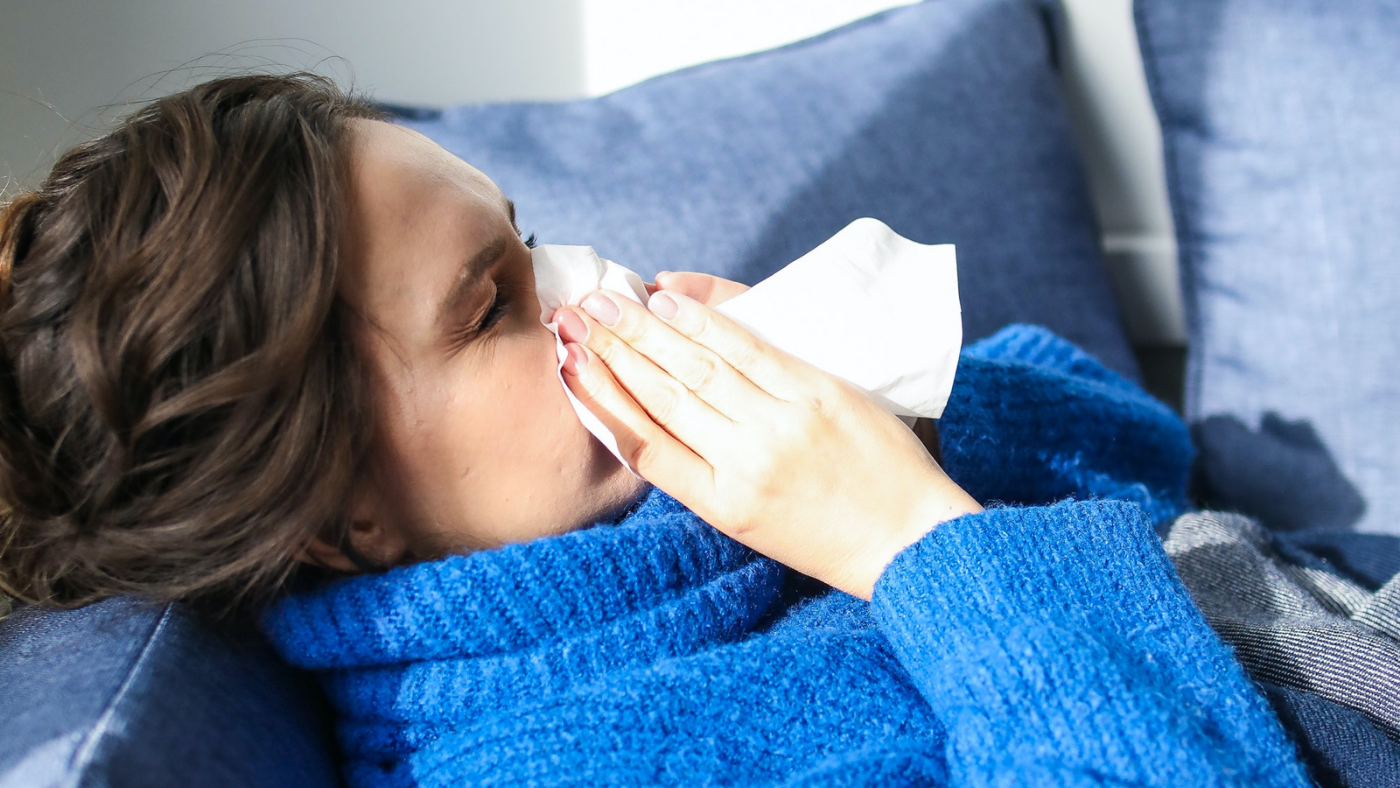Supercolds, Covid and norovirus: why are we all getting so ill?
Calls to NHS 111 about cases of colds, flu and coughs are on the rise

A free daily email with the biggest news stories of the day – and the best features from TheWeek.com
You are now subscribed
Your newsletter sign-up was successful
Are you one of the 4.3 million people who have been infected with Covid over the past week? If not, perhaps you’ve been struck down by norovirus or the so-called “supercold” that also appears to be doing the rounds?
The latest data from the UK Health Security Agency (UKHSA) shows that calls to the NHS 111 phone service about cases of colds, flu and coughs are increasing nationally, with “influenza positivity” on the rise.
These ailments come under the umbrella of “supercolds”, a term used to describe people with Covid-like symptoms who don’t test positive for the virus.
The Week
Escape your echo chamber. Get the facts behind the news, plus analysis from multiple perspectives.

Sign up for The Week's Free Newsletters
From our morning news briefing to a weekly Good News Newsletter, get the best of The Week delivered directly to your inbox.
From our morning news briefing to a weekly Good News Newsletter, get the best of The Week delivered directly to your inbox.
Until recently, Covid-19 infections were also rising steeply, with 6.39% of the population, or one in every 16 people, infected in the week ending 25 March, according to data from the Office for National Statistics. The vast majority of these cases (82.2%) are thought to have been caused by the highly transmissible Omicron BA.2 sub-variant.
And norovirus outbreaks – a highly infectious bug which causes vomiting and diarrhoea – are on the up in England too. The increase was initially reported in education settings, with 48% more incidents reported to the UKHSA than would normally be expected. A significant rise has also been reported in care homes.
Why is illness on the rise?
Doctor Ollie Hart, a GP at Sloan Medical Centre in Sheffield, told YorkshireLive that his “gut feeling” is that the rise is connected to the end of England’s Covid restrictions, following 18 months of social distancing and mask-wearing.
“People are mixing and spreading bugs they haven’t had for a while,” he said. “We’ve been protected from that over the past few years and our immune systems aren’t quite used to it.”
A free daily email with the biggest news stories of the day – and the best features from TheWeek.com
A similar outbreak of “supercolds” was reported in September last year, linked to the return of schools and the arrival of autumn.
“The whole system has been knocked out of kilter by the fact that we’ve been socially distancing and wearing masks, and children have not had that immunity over the past year or so,” said Professor Ronald Eccles, former director of the Common Cold Centre at Cardiff University, in The Guardian.
How to manage a ‘supercold’
If you have a cold, cough or flu-like symptoms, there’s no legal requirement to isolate. But if you are able to stay away from others, that would be a “good idea”, according to Thea van de Mortel, a professor of nursing at Griffith University in South East Queensland, Australia, on The Conservation.
“Generally you’re infectious until your symptoms clear, and should stay away until you’re well again,” she wrote. “Passing your cold onto others can mean unnecessary Covid testing for them.”
Like coronaviruses, cold viruses are “transmitted through touching your eyes, mouth, nose or food with hands contaminated by viruses, by direct contact with others, or by inhaling contaminated aerosols”, explained van de Mortel.
As with Covid, hand-washing and mask-wearing can “keep germs at bay”, said Conall Watson, a consultant epidemiologist at the UK Health Security Agency. GPs generally advise patients with cold-like symptoms to stay at home to help limit the spread.